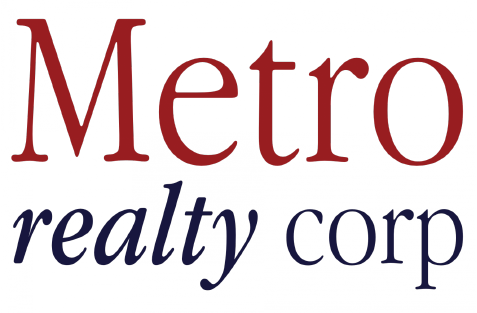Boston-Specific Home Pricing Tactics for Effective Sales

ADAM UMINA
LICENSE BROKER #9569629Adam grew up in Newton MA, attending Newton South High School before earning a B.S...
LICENSE BROKER #9569629Adam grew up in Newton MA, attending Newton South High School before earning a B.S...
When it comes to selling your Boston home, setting the correct price from the start is essential. Pricing isn't just about assigning a value to your property; it's about intelligently positioning it in the Boston market to attract the ideal buyers and optimize your profits. In this discussion, we explore three proven pricing strategies specifically tailored for the Boston real estate landscape, detailing how each can make a significant difference in your home selling journey.
1. Comparative Market Analysis (CMA) in Boston's Market
A Comparative Market Analysis (CMA) involves a detailed evaluation of homes similar to yours that have recently sold in and around Boston, considering factors like size, location, condition, and more. This strategy aims to pinpoint a competitive and realistic price range for your property based on the latest market trends and comparative sales data in Boston’s dynamic neighborhoods, from the historic charms of Beacon Hill to the bustling streets of Back Bay.
Pros:
- Accuracy: CMAs offer a data-centric approach, utilizing recent sales in Boston to estimate your home's fair market value precisely.
- Competitive Edge: Aligning your home's price with similar properties sold recently increases the chance of drawing serious buyers and could lead to competitive bids, especially in sought-after areas like the South End.
- Confidence: A professionally conducted CMA provides sellers and buyers in Boston with a sense of transparency and trust in the pricing process.
Cons:
- Limited Scope: While invaluable, CMAs might not fully capture unique features of your Boston home or immediate market shifts, particularly in niche neighborhoods.
- Subjectivity: Interpretations of the data can vary, possibly affecting the final pricing recommendation.
- Market Changes: Rapid market fluctuations can date a CMA, necessitating regular updates for sustained accuracy in the fast-paced Boston market.
2. Pricing Below Market Value for a Quick Sale in Boston
This strategy involves intentionally setting a price slightly below the estimated market value to attract more buyers and prompt quick offers, particularly effective in Boston's competitive real estate market. The aim is to create urgency and the impression of value, potentially sparking a bidding war and increasing the final sale price.
Pros:
- Increased Interest: A lower price tag can quickly draw buyers looking for a deal in Boston, leading to more inquiries and house showings.
- Faster Sale: As a standout offer, you're more likely to secure bids swiftly, shortening the time your Boston property is on the market.
- Potential for Multiple Offers: Setting your price below market value can encourage competition among buyers, potentially elevating the sale price.
Cons:
- Risk of Undervaluing: An extremely low price might result in immediate offers but could also mean losing out on potential profits.
- Perception of Issues: Some may suspect that a lower price signals hidden problems with the property.
- Perception of Desperation: Pricing under market value might give buyers the impression of seller urgency, affecting negotiations.
3. Pricing Higher to Leave Room for Negotiation in Boston
Pricing your home above its estimated market value, intending to negotiate down, creates a perception of value and flexibility. This can be particularly appealing in Boston's luxury property sector, where buyers are searching for exclusivity and might be willing to negotiate on premium properties.
Pros:
- Perceived Value: A higher list price can signal exclusivity, attracting buyers willing to invest in premium Boston neighborhoods.
- Negotiation Flexibility: Starting high gives you leeway to negotiate, possibly leading to a better sale price without compromising on vital terms.
- Mitigated Risk: An elevated starting price can cushion potential market drops or unforeseen expenses, ensuring you don't undersell your Boston home.
Cons:
- Limited Buyer Pool: An unrealistic price might deter prospective buyers, particularly for those with deep knowledge of the Boston market.
- Extended Time on Market: Overpriced homes tend to stay listed longer, potentially eroding interest and leading to price reductions.
- Appraisal Challenges: A sale price that far surpasses the home’s appraised value could hinder buyers' financing options, risking the sale.
Choosing the ideal pricing strategy for your Boston home requires a deep understanding of several factors, including current market conditions, your property's unique attributes, and your personal selling goals. Whether you opt for a data-backed approach with Comparative Market Analysis, seek a rapid sale by pricing below market value, or employ negotiation tactics by listing higher, each strategy comes with its considerations. By partnering with a real estate expert familiar with Boston's diverse and complex market, you can navigate these strategies with confidence and achieve your selling objectives.
Thinking of selling in Boston? Reach out, and let our team guide you to the perfect pricing strategy for your property, ensuring a successful and profitable sale.
Thinking about selling your home?
Get in touch. We'll guide you through every step of the process to ensure a smooth transaction that meets your goals.



